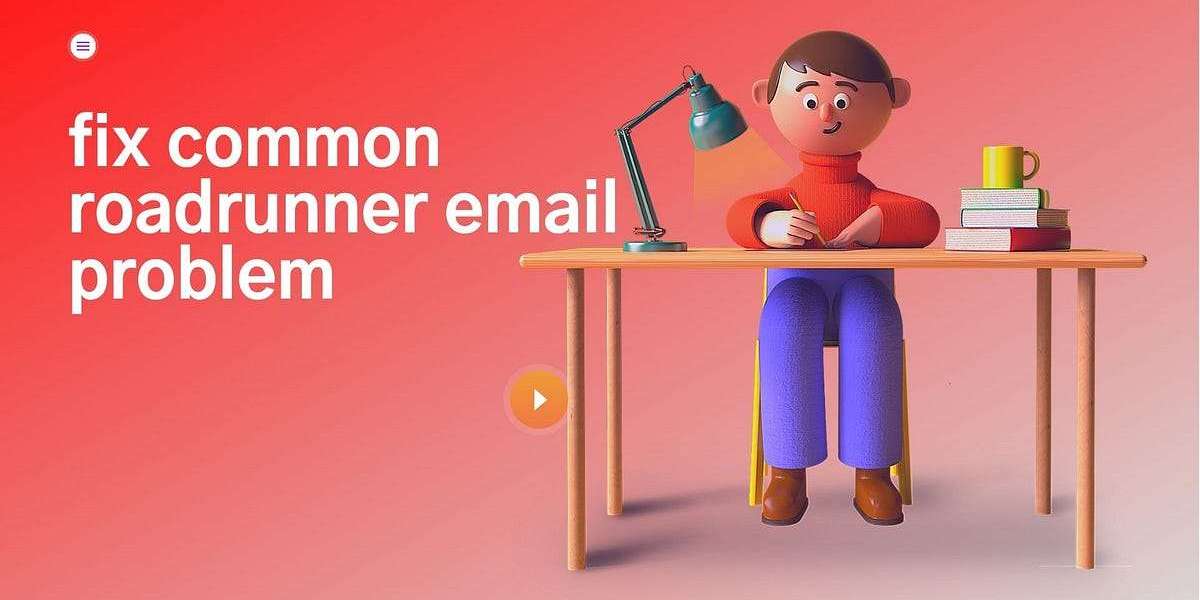Chasing unpaid debts can be a frustrating and exhausting experience, especially when it starts affecting your financial stability. Whether you’re a business owner dealing with overdue accounts or an individual seeking repayment, getting professional help often becomes necessary.
But when it’s time to seek assistance, you’ll face an important decision: Should you hire a debt recovery lawyer or work with a debt collection agency?
Both options offer advantages and serve specific situations, but choosing the wrong path can cost you time, money, and opportunities.
This article breaks down the differences between debt recovery lawyers and agencies, helping you decide which is right for your situation.
Understanding Debt Recovery Lawyers
Debt recovery lawyers are legal professionals specializing in the recovery of unpaid debts through formal legal processes. They can:
Draft and send legally binding demand letters
Initiate court proceedings
Represent you in court
Enforce judgments
Advise you on complex legal rights and obligations
Because they are qualified solicitors, debt recovery lawyers can guide you through every stage of the legal system if necessary, from issuing legal notices to recovering debts through litigation.
Understanding Debt Collection Agencies
Debt collection agencies are businesses that specialize in recovering debts without necessarily involving formal legal action. They typically:
Contact debtors through letters, calls, and emails
Negotiate payment plans
Encourage voluntary repayment
Sometimes recommend legal action if collection efforts fail
Agencies work on a commission basis — usually a percentage of the recovered amount — and often focus on settling debts amicably before escalating matters.
Key Differences at a Glance
| Aspect | Debt Recovery Lawyer | Debt Collection Agency |
|---|---|---|
| Legal Authority | Can initiate lawsuits, court orders | Cannot represent you in court |
| Approach | Formal legal channels | Negotiation, communication first |
| Cost Structure | Hourly rates, fixed fees, or contingency | Commission-based (percentage of recovery) |
| Suitable for | Disputed debts, complex cases | Smaller debts, straightforward recoveries |
| Risk | Higher upfront legal costs | Lower upfront costs, but less legal power |
When to Choose a Debt Recovery Lawyer
There are scenarios where hiring a debt recovery lawyer makes far more sense:
1. Disputed Debts
If the debtor disputes the amount owed or claims there is no debt at all, legal expertise becomes essential. Lawyers can assess the validity of the debt and represent you in court if necessary.
2. Large or Complex Debts
For debts involving large sums of money or complex contracts, professional legal advice ensures you handle the case correctly from the start.
Lawyers can also interpret complicated agreements and determine if breaches of contract have occurred.
3. Debtor Insolvency
If you suspect that the debtor is insolvent or heading toward bankruptcy, a lawyer can advise you on whether to lodge a claim as a creditor or take alternative legal action to recover your money.
4. Need for Fast Legal Enforcement
Sometimes a simple letter from a lawyer carries more weight than a letter from an agency. If you anticipate needing court orders like garnishments or liens quickly, a lawyer’s authority is crucial.
5. International or Interstate Debts
If the debtor is located outside your immediate jurisdiction, dealing with cross-border laws can be complicated. Lawyers specializing in debt recovery often have the network and understanding to navigate these issues.
When to Choose a Debt Collection Agency
In many situations, a debt collection agency is more practical, especially if the debt is relatively straightforward:
1. Low to Moderate Value Debts
For debts of moderate amounts, using a collection agency can be cost-effective. Their commission-based model reduces the risk of paying legal fees without recovery.
2. High Volume of Small Debts
If your business has multiple small overdue accounts, agencies can manage these efficiently, freeing up your time to focus on operations.
3. First Stage Recovery Efforts
Agencies often work to resolve debts without damaging relationships. They typically begin with soft collections — friendly reminders and negotiated settlements — which can maintain goodwill.
4. Avoiding Litigation
Many businesses prefer to avoid court because of the time, cost, and emotional drain involved. Agencies aim to collect debts without involving legal action unless absolutely necessary.
5. Flexible Payment Arrangements
Debt collectors often negotiate creative payment plans that a court may not offer as easily, allowing debtors to pay in installments while ensuring you eventually get paid.
Factors to Consider Before Making a Choice
Deciding between a lawyer and an agency isn’t always black and white. Ask yourself:
Value of the debt: Is the debt large enough to justify legal expenses?
Nature of the debtor: Is the debtor cooperative or resistant?
Age of the debt: Is the debt relatively recent or several years old?
Previous efforts: Have you already attempted collection without success?
Potential for dispute: Is there a risk the debtor might argue against repayment?
Evaluating these factors can help you choose the right professional help without wasting time or money.
Can You Use Both?
Interestingly, some cases benefit from using both. You might start with a debt collection agency for a softer, more diplomatic approach. If the debtor remains unresponsive, you could escalate the case to a lawyer for formal legal proceedings.
Many businesses adopt this two-stage strategy to maximize their chances of recovery while minimizing upfront legal costs.
Some debt collection agencies also have partnerships with legal firms, offering a seamless transition if legal escalation becomes necessary.
Final Thoughts
Recovering debt is never pleasant, but getting expert help can make the process faster, easier, and more successful.
If you are dealing with straightforward, low-value debts and want to resolve them without legal hassle, a debt collection agency might be the right choice.
On the other hand, if you’re facing a large, complex, disputed, or urgent debt, working with a debt recovery lawyer offers the expertise and authority needed to protect your interests.



